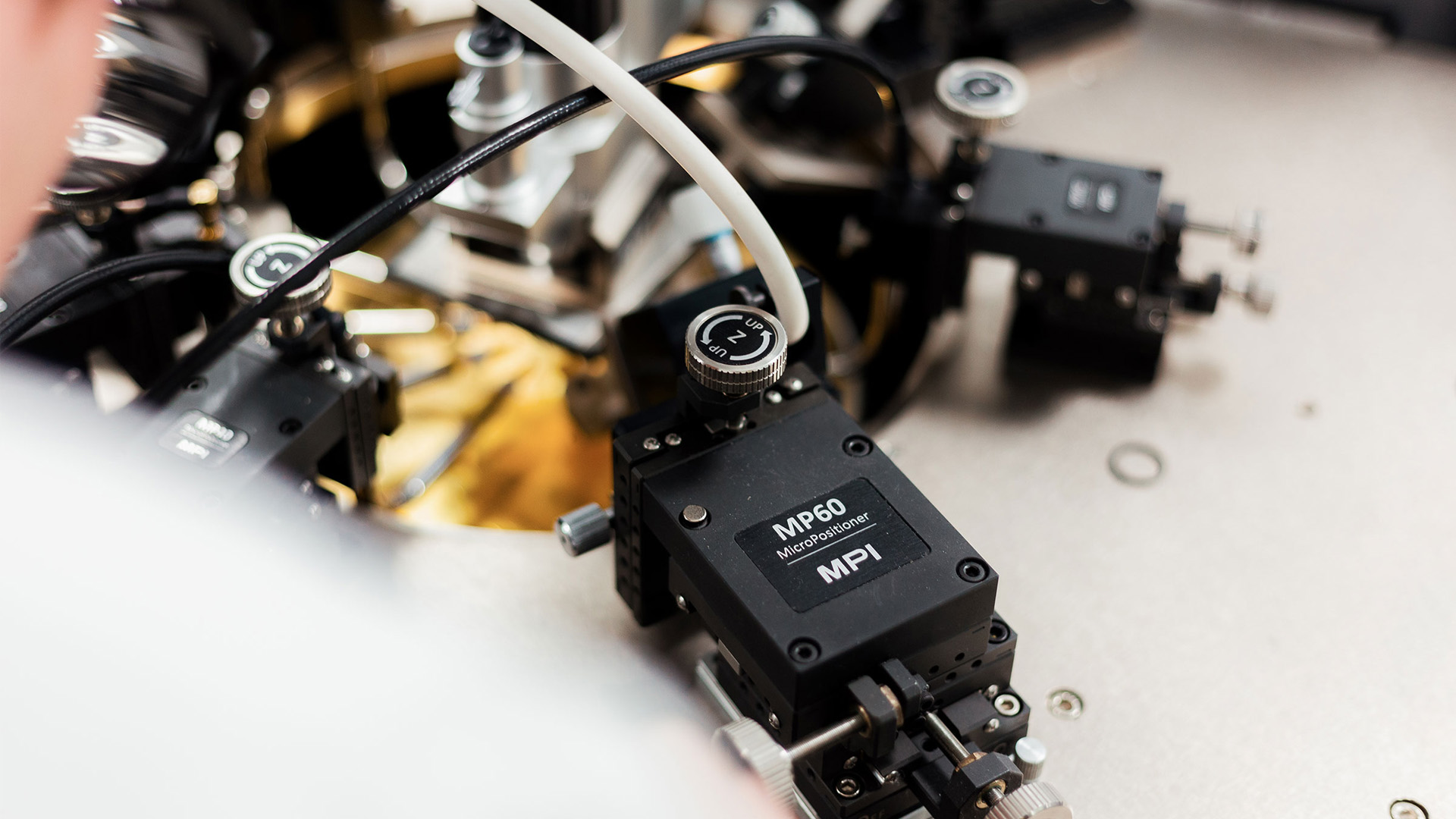Researcher in Residence: Revolutionising power magnetics

In the quest for achieving Net Zero targets in energy and transportation, power electronic converters play a pivotal role, with power magnetics serving as fundamental components. The University of Bristol’s Jun Wang has identified an area for improvement though – something the academic will address in collaboration with Compound Semiconductor Applications Catapult as part of his Researcher in Residence scheme.
The nonlinear behaviours of power magnetics possess significant challenges in testing and modelling, lagging behind advancements in power semiconductors. This project aims to spearhead a paradigm shift by adopting a component-based approach to testing and modelling power magnetics, addressing the bottleneck in virtual prototyping and design optimisation of power converters.
The core objective is to develop a high-fidelity Triple Pulse Test (TPT) demonstrator, reaching Technology Readiness Level (TRL) 5, to enable rapid and in-situ testing of power magnetics. Additionally, a novel modelling method leveraging machine learning techniques will be devised, utilising component-based data to create a comprehensive toolchain for accurate, user-friendly, and data-driven testing and modelling.

Hardware-in-the-loop Automated Triple Pulse Testbed 1.0
Jun said of the project: “Towards high-efficiency and high-frequency power converters for electrified transportation technologies, power magnetics being one of the performance bottlenecks need to be accurately characterised and modelled, despite lacking full physics-based models. Working with CSA Catapult, the Triple Pulse Test will be developed to unlock a low-cost, high-fidelity, automatic and component-based characterisation process for power magnetics, which will enable an advanced data-driven approach tailored to fill the gap in the eco-system of emerging fast-switching compound semiconductors.”
By embracing this innovative approach, the project seeks to align power magnetics testing and modelling methodologies with those of power devices, fostering accurate co-optimisation with other converter components.
Ultimately, this advancement promises to unlock enhanced performance and efficiency of power converters at a system level, paving the way for transformative advancements in next-generation electrical systems.
Image from CSA Catapult



